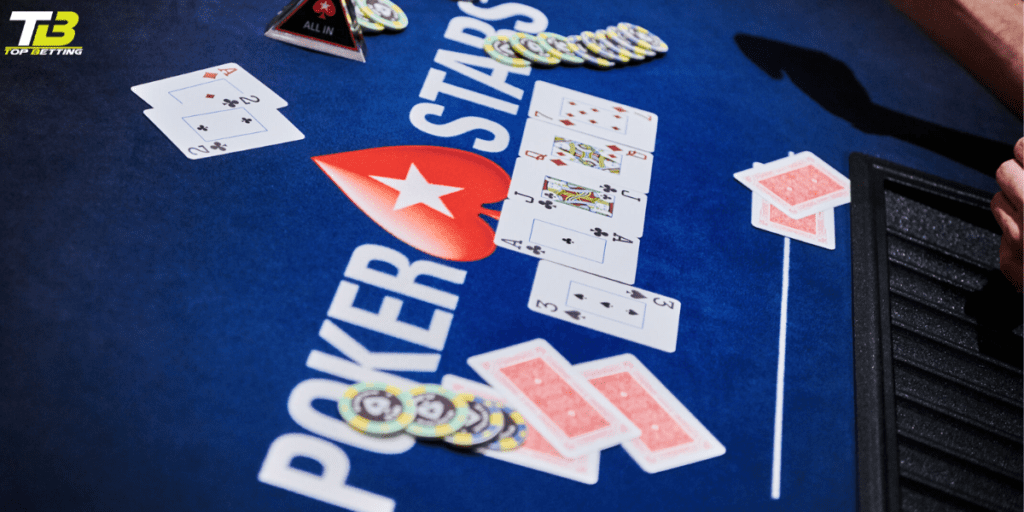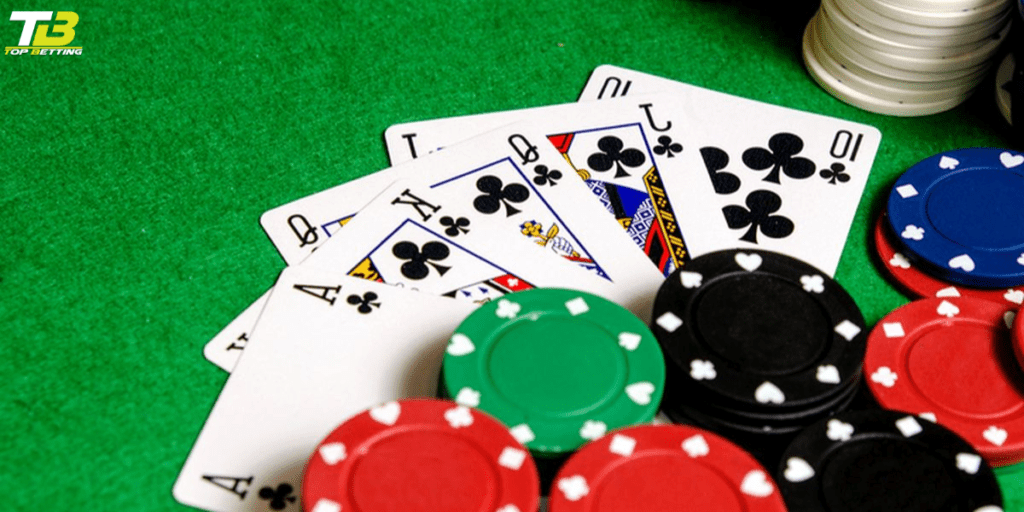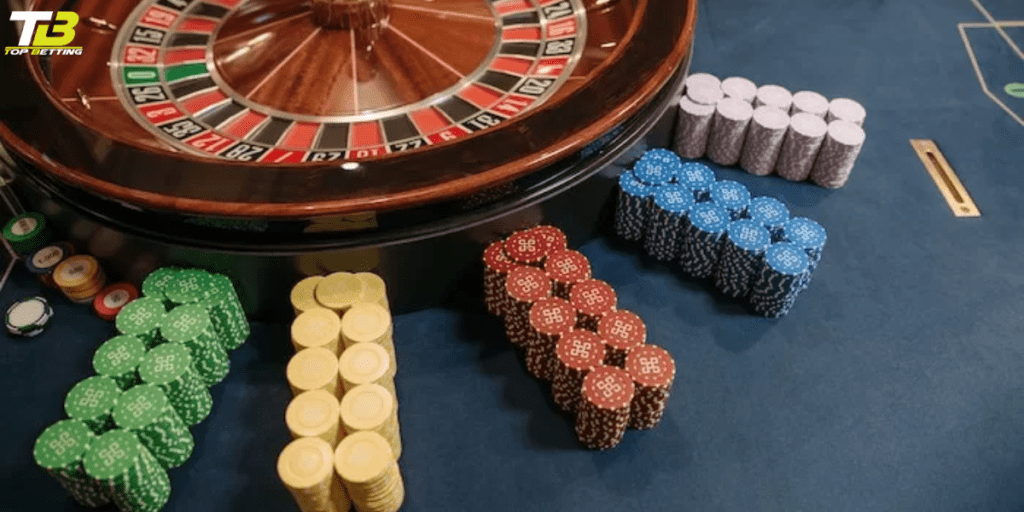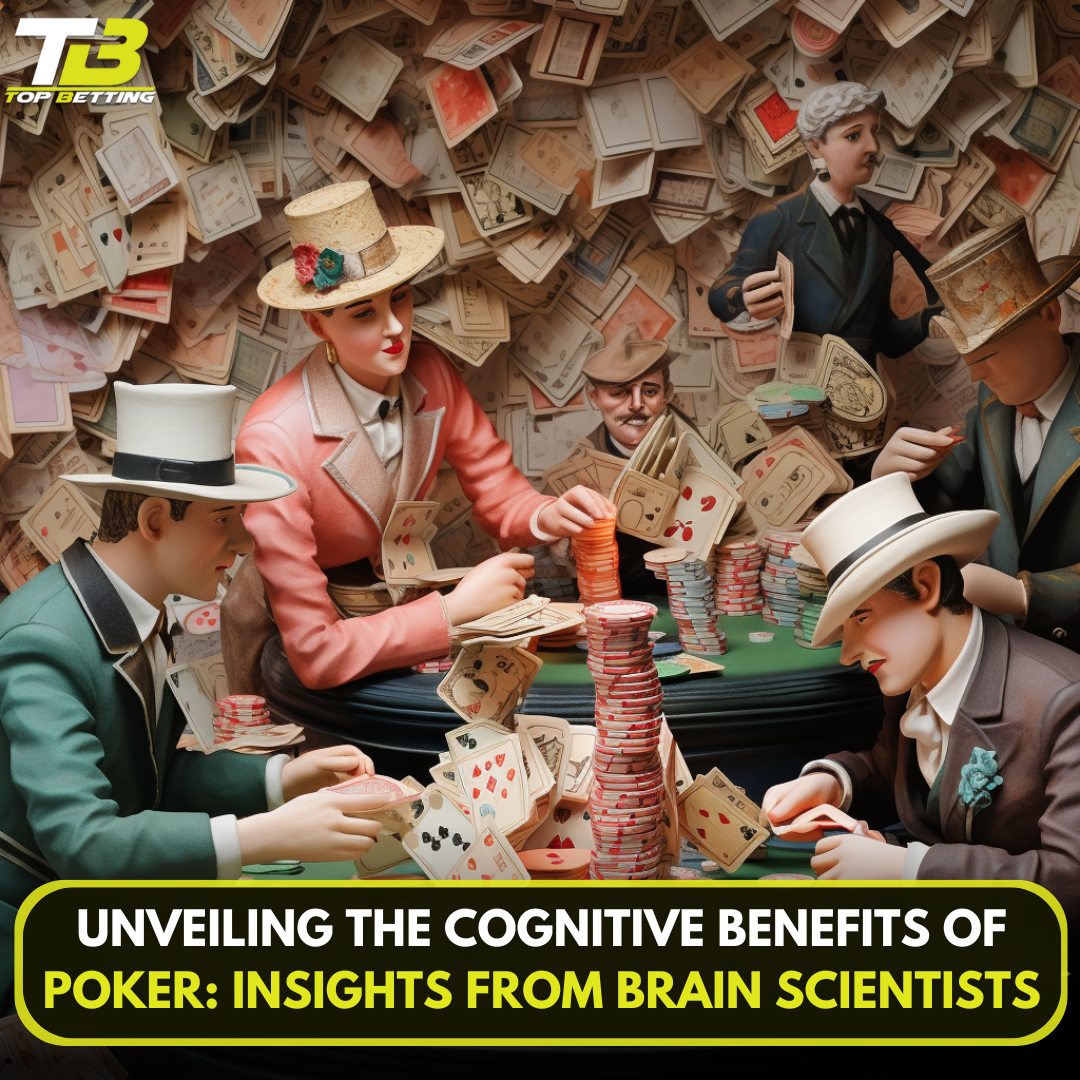
Poker Cognitive Benefits: Insights from Brain Scientists
Step into the world of poker and unlock the cognitive benefits that lie within. In this article, we delve into the insights provided by brain scientists, revealing how playing poker can sharpen your mind and enhance your mental abilities.
Poker is not just a game of chance; it requires strategy, critical thinking, and decision-making skills. As you navigate through the complexities of the game, your brain is constantly challenged, leading to improved cognitive functions and mental agility.
Brain Scientists have conducted studies that highlight the numerous cognitive benefits of playing poker. From enhancing problem-solving skills to boosting concentration and memory, poker exercises various areas of the brain, ultimately improving cognitive performance.
How Poker Stimulates Critical Thinking Skills
Poker is a game that demands critical thinking skills. Analyzing the cards, assessing the odds, and anticipating the moves of your opponents all require a high level of cognitive processing. By engaging in such mental exercises, your critical thinking abilities are honed and refined, allowing you to make better decisions not only in the game but also in real-life situations.
Moreover, poker challenges you to think strategically and evaluate different scenarios. This constant need to strategize and adapt your approach fosters analytical thinking and problem-solving skills. As you analyze the information available and make calculated moves, your brain becomes adept at processing complex information efficiently.
Additionally, poker encourages you to think ahead and consider the long-term consequences of your decisions. This forward-thinking approach enhances your ability to plan, prioritize, and evaluate potential outcomes, skills that are invaluable in various aspects of life.
Poker and decision-making abilities
Decision-making is at the core of poker. Every move you make, whether it’s folding, calling, or raising, requires careful consideration and evaluation of the available information. This constant decision-making process improves your ability to assess risks, weigh pros and cons, and make informed choices.
Playing poker exposes you to a multitude of decision-making scenarios, each with its own set of variables and uncertainties. Rapidly assessing these factors and making quick decisions under pressure strengthens your decision-making abilities. You become more decisive, confident, and efficient in evaluating options and choosing the best course of action.
Furthermore, poker teaches you the importance of managing emotions during decision-making. The game presents both winning and losing scenarios, and learning to detach emotionally from the outcome is crucial. By staying calm and rational, you develop the ability to make logical decisions based on objective analysis rather than emotional impulses.
The impact of poker on problem-solving skills
Poker is a game of constant problem-solving. From determining the best strategy to overcome challenges to adapting to unexpected situations, every hand presents a unique problem that needs solving. This continuous exercise of problem-solving skills hones your ability to think creatively, find innovative solutions, and handle unexpected obstacles.
Additionally, poker requires you to assess and interpret incomplete or ambiguous information. You must use your analytical skills to extract relevant details from the available data and make educated guesses about your opponents’ hands. This ability to make informed decisions with limited information improves your problem-solving skills and helps you become a more effective thinker.
Moreover, poker exposes you to a wide range of situations that require adaptive problem-solving. As the game progresses and circumstances change, you must adapt your strategy accordingly. This flexibility in problem-solving enhances your ability to think on your feet, embrace change, and find optimal solutions in dynamic environments.

Poker as a tool for emotional regulation and resilience
Playing poker involves managing emotions effectively. It’s not uncommon to experience moments of frustration, excitement, or disappointment during the game. However, successful poker players learn to regulate their emotions and maintain composure even in challenging situations.
Mastering emotional regulation in poker translates to real-life scenarios as well. As you learn to control your emotions at the poker table, you develop resilience and the ability to handle stress and pressure in other aspects of life. This emotional resilience improves your decision-making abilities and helps you maintain a clear and focused mind under challenging circumstances.
Furthermore, poker allows you to practice patience and delayed gratification. Waiting for the right hand or the perfect opportunity requires discipline and self-control. These qualities, when honed through poker, can positively impact various areas of life, such as career, relationships, and personal growth.
The role of memory and attention in poker
Poker is a game that demands sharp memory and focused attention. Remembering the cards that have been played, tracking your opponents’ betting patterns, and recalling previous actions are all crucial elements of the game. Engaging in such memory-intensive tasks improves your ability to retain information and enhances your overall memory capacity.
Moreover, poker requires sustained attention throughout the game. Staying focused and alert allows you to pick up on subtle cues and signals from your opponents, giving you a competitive edge. By training your attention span, poker helps you improve your ability to concentrate for extended periods and ignore distractions, skills that are beneficial in both personal and professional settings.
Neuroplasticity and poker: How the brain adapts and learns
Playing poker stimulates neuroplasticity, the brain’s ability to adapt and reorganize itself. The constant mental exercises involved in the game strengthen neural connections and build new pathways, enhancing cognitive functions.
As you play poker regularly, your brain becomes more efficient at processing information, recognizing patterns, and making quick calculations. This improved cognitive agility extends beyond the poker table and positively impacts your overall cognitive performance in various tasks and activities.
Furthermore, poker fosters a growth mindset, the belief that intelligence and abilities can be developed through effort and practice. By embracing this mindset, you become more open to learning, more resilient in the face of challenges, and more motivated to continuously improve your skills.
Poker and strategic planning abilities
Strategic planning is a fundamental aspect of poker. Developing a winning strategy requires analyzing the game dynamics, assessing your opponents’ strengths and weaknesses, and adjusting your approach accordingly. By engaging in strategic planning in poker, you enhance your ability to think strategically and make effective plans in other areas of life.
Poker teaches you to consider multiple factors simultaneously, weigh different options, and anticipate potential outcomes. This holistic approach to strategic planning helps you develop a broader perspective and make more informed decisions in complex situations.
Moreover, poker enables you to think critically and evaluate the effectiveness of your strategies. Learning from your mistakes and adjusting your approach based on feedback and results allows you to continuously refine your strategic planning abilities.
Poker as a social and psychological activity

Indeed, poker transcends its cognitive advantages to offer a rich social and psychological experience. At its core, poker is a communal activity that thrives on interaction and communication among players. Engaging with others around the poker table fosters the development of essential social skills, including effective communication and interpersonal dynamics.
One of the hallmarks of poker is the ability to read opponents’ body language and decipher their behavior. This skill set goes beyond simply evaluating the cards on the table; it requires a keen understanding of human interaction and non-verbal cues. By honing these abilities, players enhance their social intelligence, becoming adept at navigating complex social situations both within and outside the gaming realm.
Moreover, poker is a fertile ground for exploring human psychology. As players observe their opponents’ actions and reactions, they gain valuable insights into the intricacies of human behavior. Analyzing opponents’ motivations, detecting patterns in their gameplay, and understanding their psychological states become integral aspects of the poker experience.
The insights gleaned from poker extend beyond the confines of the game, offering practical applications in various social and professional contexts. The ability to assess individuals’ intentions, anticipate their actions, and adapt strategies accordingly can prove invaluable in interpersonal interactions, negotiations, and leadership roles.
Furthermore, poker teaches valuable lessons in resilience and emotional regulation. The game is inherently unpredictable, and players often face setbacks and challenges along the way. Learning to manage emotions, cope with losses, and maintain focus amidst adversity are essential skills honed through the poker experience.
In essence, poker serves as a microcosm of human interaction and psychology, providing a platform for personal growth and self-discovery. By engaging with the social and psychological dimensions of the game, players not only enhance their cognitive abilities but also cultivate a deeper understanding of themselves and others. Whether at the poker table or in the wider world, the lessons learned from poker resonate far beyond the cards dealt, enriching both personal and professional lives.

Conclusion
Embracing the cognitive benefits of poker can be transformative. Beyond its entertainment value, poker offers a wealth of cognitive advantages that extend far beyond the gaming table. By delving into regular poker sessions, individuals can hone critical thinking, decision-making, and problem-solving skills while also nurturing emotional intelligence.
Regular engagement with poker cultivates mental agility, sharpening the mind and enhancing cognitive prowess. The game serves as a platform where science intersects with strategy, offering a rich opportunity for personal growth and development.
So why not seize the cognitive benefits of poker? Grabbing a deck of cards and assembling friends for a game not only provides entertainment but also stimulates the mind. Through this journey, individuals can unlock new dimensions of thinking and approach various life challenges with renewed vigor and insight.
Poker transcends its label as a mere game, becoming a conduit for cognitive enhancement and personal empowerment. By embracing its cognitive benefits, individuals can embark on a journey of self-improvement, leveraging the power of their minds to navigate life’s complexities with skill and confidence.











